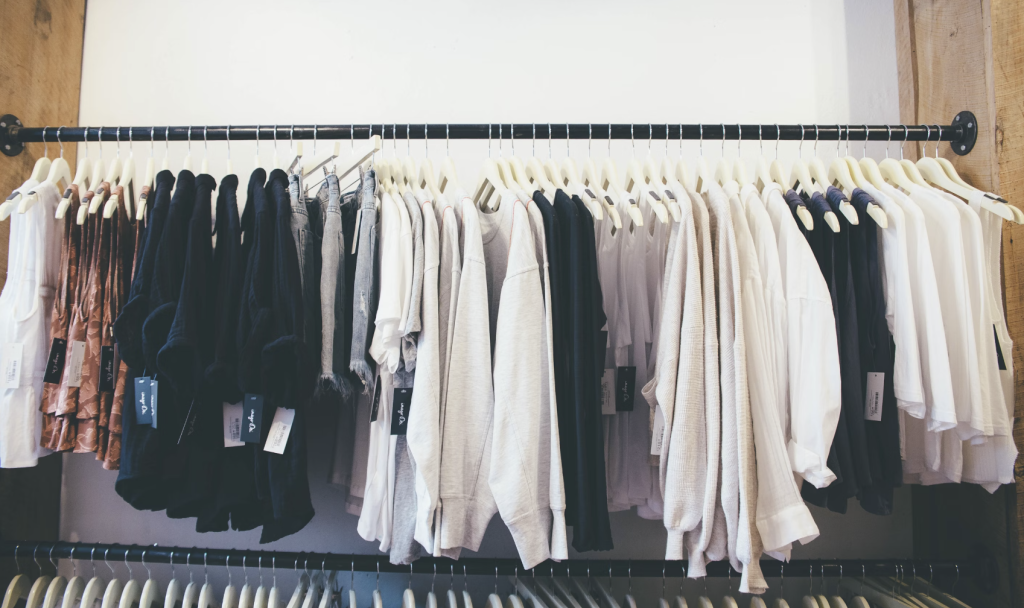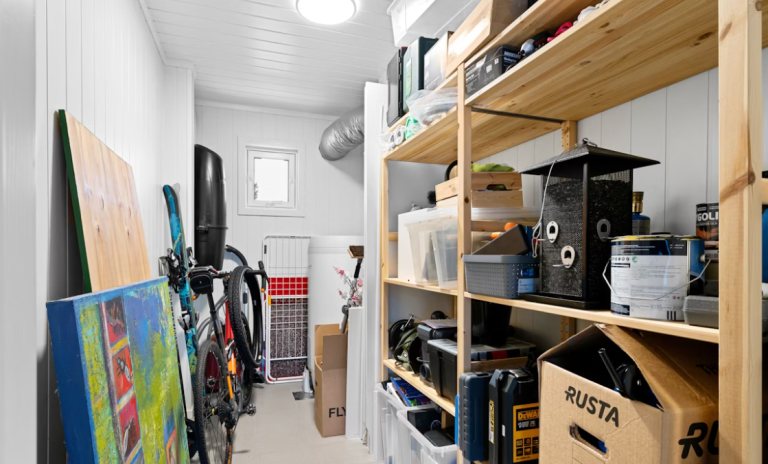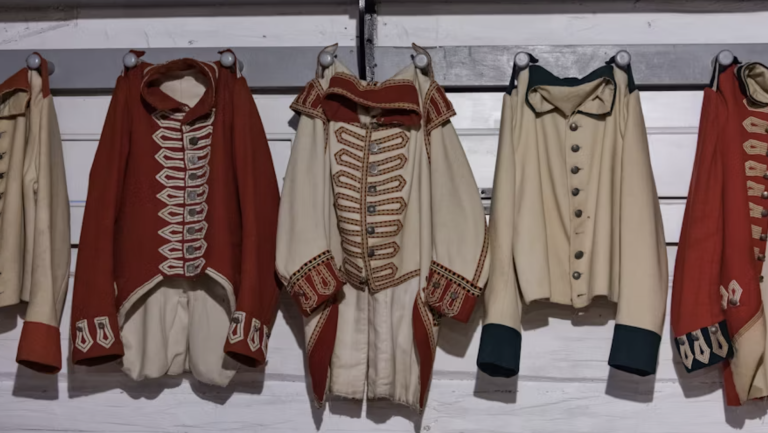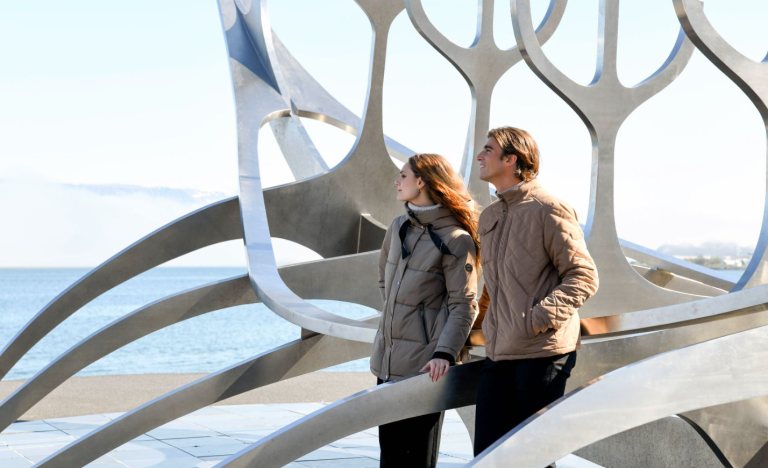
Introduction: The Power of Clothing in Shaping Identity
Clothing is more than just fabric and thread—it’s a psychological tool that plays a crucial role in shaping our identity and boosting confidence. From the moment we get dressed in the morning, our clothes influence how we feel about ourselves, how we present ourselves to the world, and how we are perceived by others. But have you ever stopped to wonder how much clothing really affects your confidence? The psychology behind dressing well is not just about looking good—it’s about feeling good and being empowered by what you wear.
Clothing as a Reflection of Self-Expression
The Link Between Personality and Style Choices
One of the primary functions of clothing is self-expression. Our outfits often reflect our personality, values, and preferences. For example, someone who gravitates towards bold, vibrant colors might be seen as extroverted or confident, while someone who prefers muted tones may be more introverted or reserved. The clothes we choose to wear act as non-verbal cues, communicating who we are to the world before we even speak a word.
Cultural and Societal Influences on Fashion Preferences
While our personal style is deeply individual, it’s also influenced by cultural and societal factors. Social norms, cultural traditions, and even geographical location play a role in how we perceive fashion and dress. For example, the way people dress in New York City differs significantly from fashion trends in Tokyo or Paris. Cultural standards often dictate what is considered “appropriate” or “fashionable,” and adhering to these expectations can influence one’s self-esteem and confidence.
The Science Behind How Clothes Impact Confidence
The Power of Colors: How Hues Affect Mood and Perception
Colors do more than just make us look good—they have a profound psychological impact on our mood and behavior. Research has shown that wearing certain colors can evoke specific emotions. For instance, red is often associated with power, energy, and passion, making it a popular choice for individuals who want to feel more confident and assertive. On the other hand, softer colors like blue or green are often linked to calmness and relaxation. Understanding how different colors affect our emotions can empower us to choose outfits that elevate our mood and enhance our confidence.
The Fit Factor: Why Tailored Clothes Boost Self-Esteem
When clothes fit well, they not only look better, but they also make us feel better. Clothing that is too tight or too loose can make us feel self-conscious and uncomfortable, leading to a drop in self-esteem. However, well-tailored clothes—those that fit our bodies just right—can have a dramatic effect on how we perceive ourselves. Tailored clothing enhances our physical appearance, helps us stand taller, and boosts our self-esteem. It’s a simple yet powerful psychological hack that can make a huge difference in how we feel about ourselves.
The Role of Comfort in Dressing for Confidence
Comfort plays a key role in how confident we feel in our clothes. If we’re constantly adjusting our outfit or feeling restricted by tight fabrics, it’s difficult to exude confidence. On the other hand, when we feel comfortable in what we’re wearing, we can focus on the task at hand, whether it’s a presentation at work or a night out with friends. Comfort and confidence go hand in hand—dressing in clothes that allow us to move freely and without stress can enhance our self-assurance.
Psychological Effects of Dressing Well
Enclothed Cognition: How Clothing Affects Cognitive Function
One of the most fascinating psychological theories related to dressing is called “enclothed cognition.” This theory suggests that the clothes we wear not only influence how others perceive us but also how we perceive ourselves and our cognitive abilities. In simple terms, wearing certain clothing can change the way we think, act, and perform. For example, donning a sharp suit might make you feel more competent and capable, while wearing casual clothes may make you feel more relaxed or less focused.
The Role of Clothing in Social Perception and Identity
Clothing also plays a significant role in how others perceive us. From a psychological standpoint, first impressions are often based on how we dress. People are more likely to view someone in formal attire as authoritative, professional, and competent. Conversely, someone in casual or disheveled clothing might not be taken as seriously. This is particularly important in social situations where our clothing can affect our interactions, relationships, and overall social standing.
Dress Codes and Their Impact on Social Behavior
Dress codes are more than just a set of rules—they can profoundly impact social behavior. The expectations surrounding dress codes are often tied to power dynamics and cultural norms. For example, in a corporate environment, adhering to a formal dress code can signal professionalism and respect for authority. In contrast, casual attire in the workplace might signal a more laid-back or creative culture. How we dress affects not only how we feel but also how we engage with others and navigate social hierarchies.
Fashion as a Tool for Empowerment and Personal Growth
How Fashion Choices Influence Leadership and Authority
Fashion has long been associated with leadership and authority. Think about political leaders, CEOs, or even historical figures—many are recognized not just for their actions but also for their distinctive style. The right outfit can make a statement, signaling that you’re in charge and ready to take on challenges. For instance, wearing a well-fitted suit or power dress can give an individual the authority to lead a room, influence decisions, and exude confidence.
Dressing for Success: Impact on Career Advancement
It’s no secret that dressing well can help in career advancement. Clothes can be a powerful tool in creating the right impression in professional settings. People often feel more confident when they dress for success, and this confidence can translate into better performance, networking opportunities, and career growth. When we dress to align with our aspirations, we’re more likely to project competence and authority in the workplace, which can lead to higher chances of success.

Breaking Down Gender and Clothing Norms
The Impact of Clothing Choices on Gender Identity and Confidence
Clothing is intrinsically linked to gender identity, with societal norms often dictating what is deemed acceptable for men and women. However, as the conversation around gender continues to evolve, so do the ways in which people choose to dress. For many, breaking free from traditional gender norms can be an empowering experience, allowing them to express their true selves and feel more confident in their skin. When individuals wear clothes that align with their authentic gender identity, their confidence skyrockets.
Challenging Traditional Dress Codes for a New Confidence
Challenging traditional dress codes—whether it’s breaking free from the corporate suit or embracing a more androgynous style—can also be a way to reclaim power and redefine one’s confidence. The confidence that comes from choosing to dress outside societal norms can be transformative. It’s a form of rebellion that empowers individuals to embrace their uniqueness and make a statement about who they truly are.
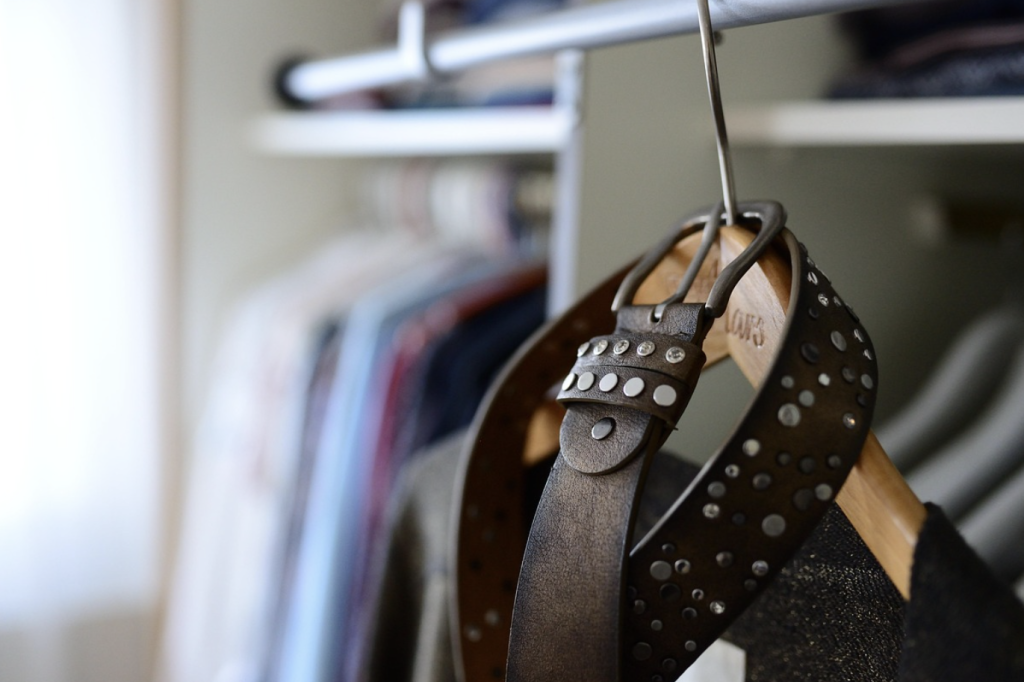
Conclusion: The Intersection of Style and Self-Esteem
The psychology of dressing is a multifaceted topic, intertwining personal identity, social perceptions, and cognitive functions. Clothing is not just something we wear—it’s a tool for self-expression, empowerment, and confidence. Understanding how our clothing choices impact our mood, behavior, and how others perceive us can be a game-changer in our personal and professional lives. Whether it’s the fit, color, or comfort of the clothes we wear, fashion is a powerful psychological tool that can shape our confidence and self-esteem.

FAQs
- How do clothing choices affect self-esteem? Clothing choices directly influence how we perceive ourselves. Wearing clothes that make us feel good can boost our confidence and improve our self-esteem.
- Why do certain colors boost confidence? Colors have psychological effects. For instance, red is often associated with power and confidence, while blue promotes calmness and trust.
- Can dressing well improve my career prospects? Yes, dressing well can improve your career prospects by making you appear more professional, competent, and confident in the workplace.
- How does clothing influence social perception? The clothes we wear influence how others perceive us. Formal attire often signals authority, while casual clothing can suggest creativity or relaxation.
- How do gender norms influence clothing choices? Gender norms often dictate what is considered acceptable clothing for men and women. Challenging these norms can empower individuals and boost their confidence.
